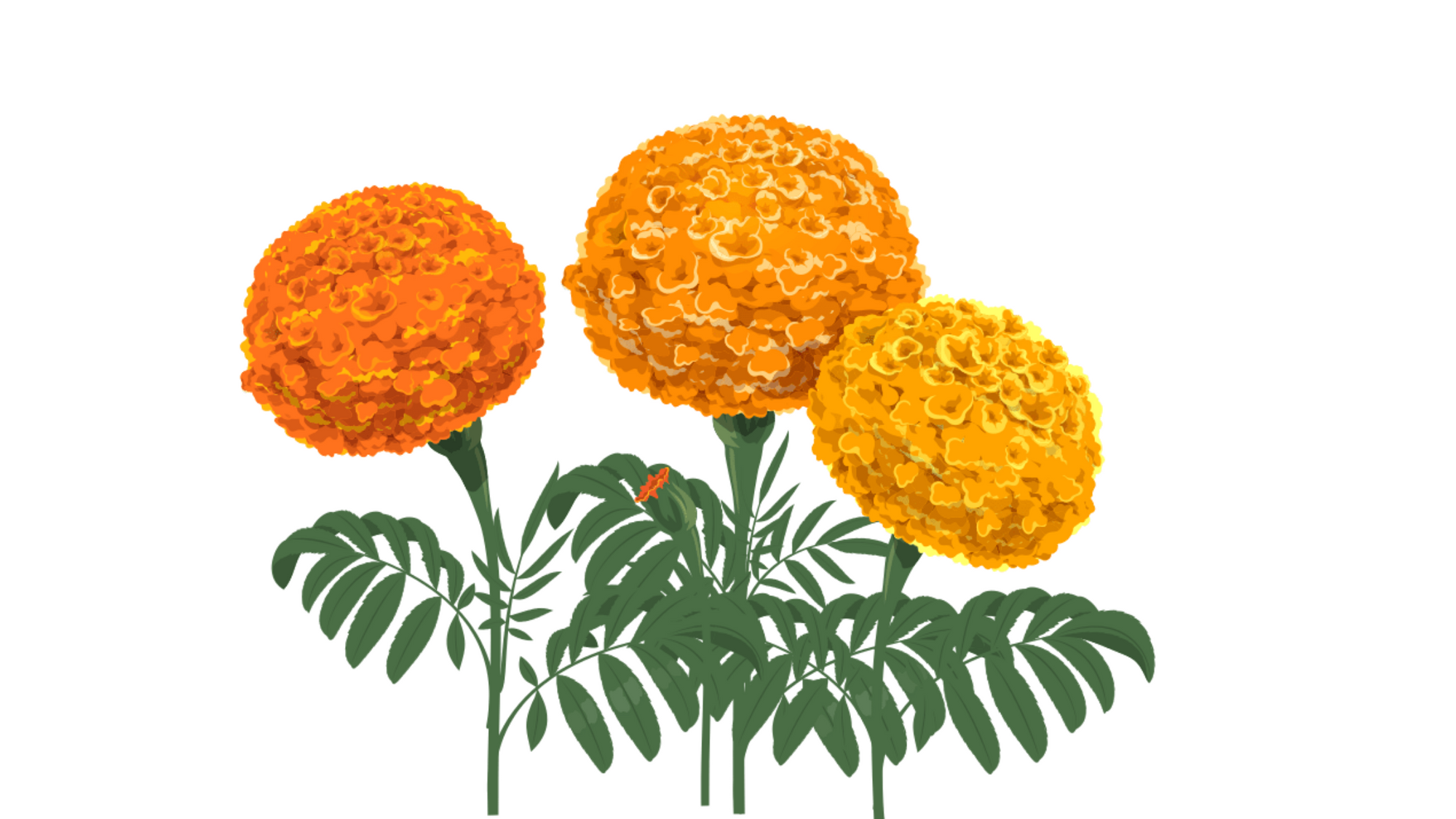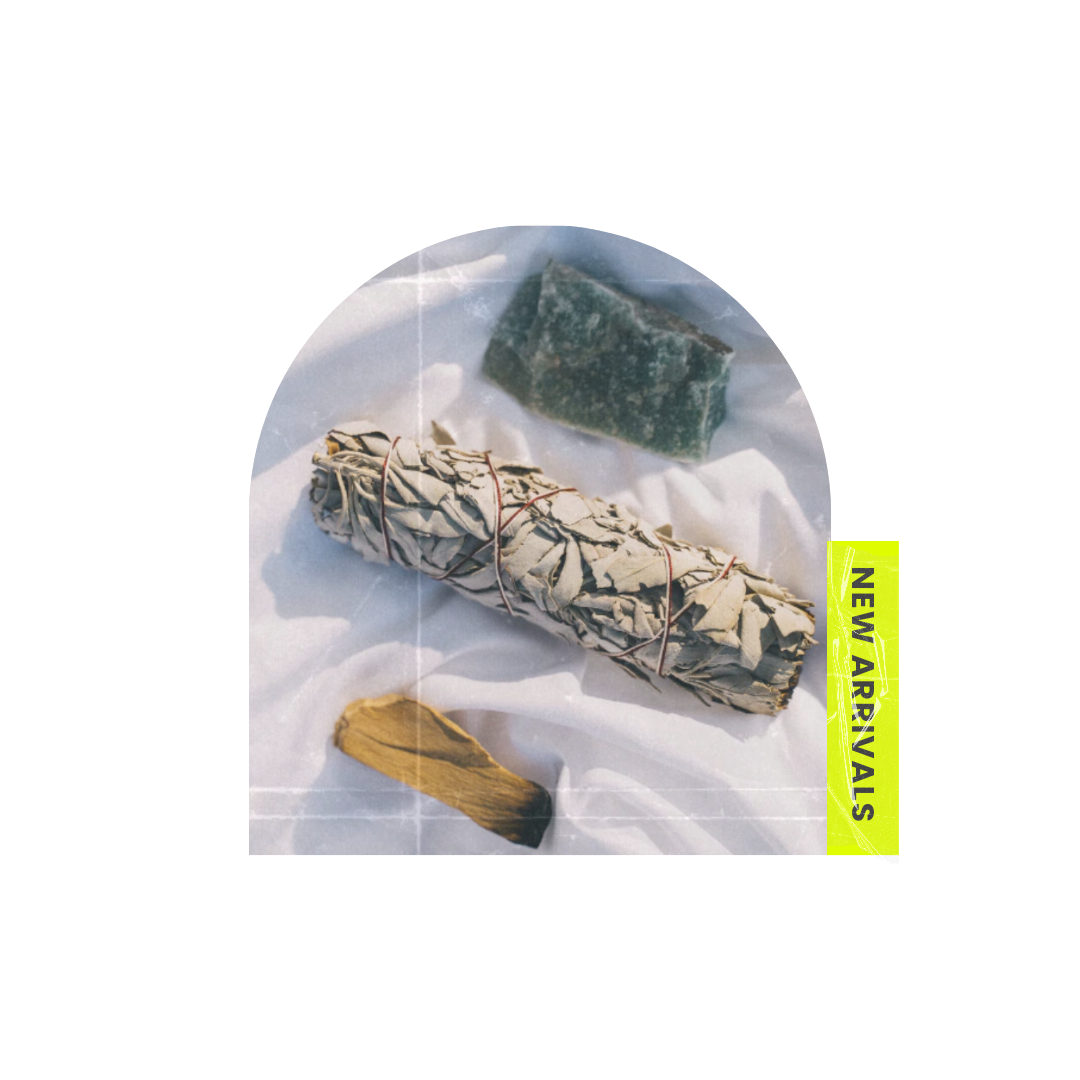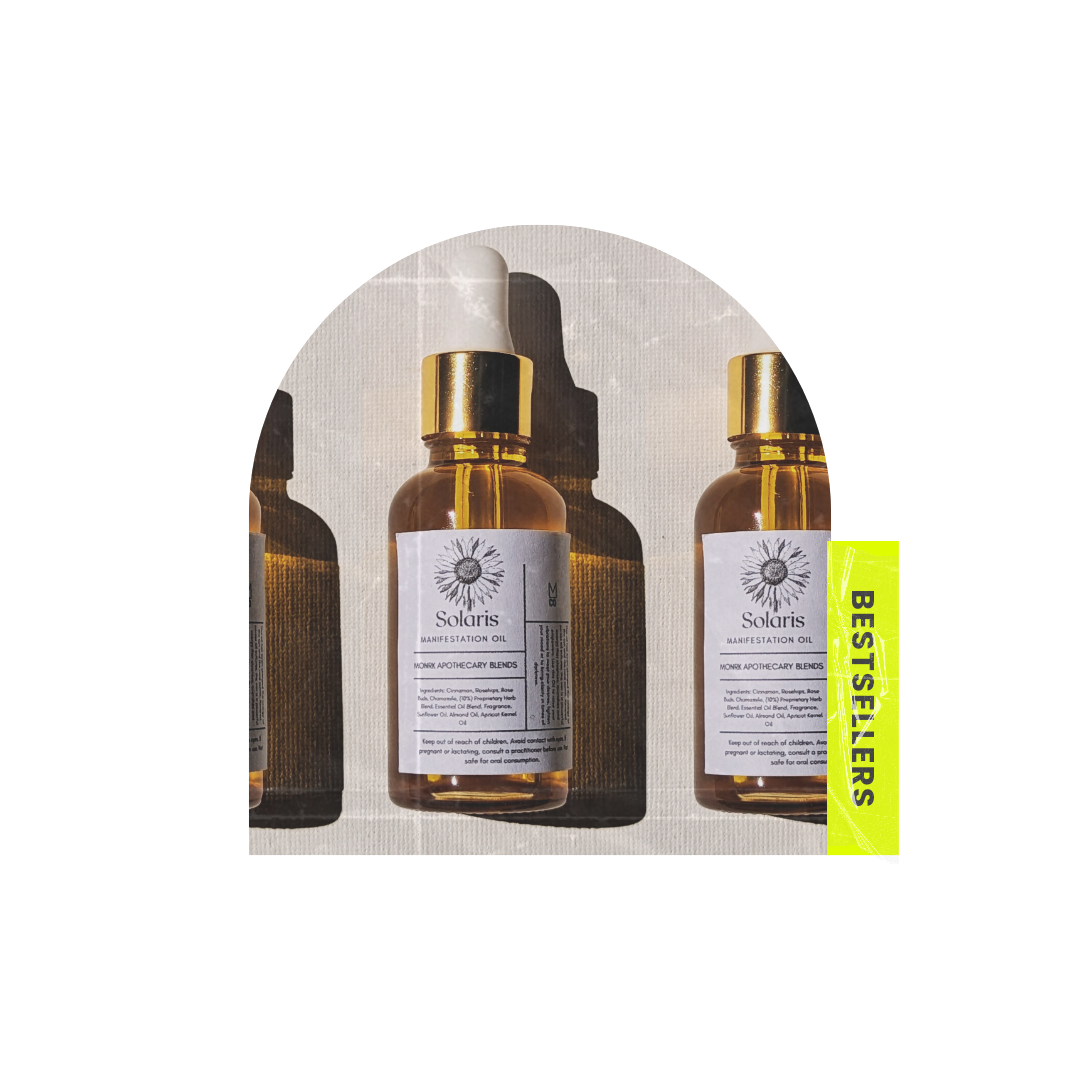
Making an Herbal Tea
A tea is a drink of herbs that have been steeped in water.
Usually for medicinal herbal uses it is steeped for 10-20 minutes while covered, and is mostly used for flowers and leaves. Herbal teas are good for children, skin washes, and delicate plants or flowers.
Good herbs for tea include chamomile, elderflower, peppermint, and lemon balm.
Making an Herbal Infusion
An infusion is a strong brew of herbs that has been steeped in water while covered, for 4-8 hours. Infusions are easy to make overnight, preparing the night before and straining and drinking in the morning.
Infusions are longer water based steeping that extract the maximum nutrients from hardier parts of the plants particularly the leaves and stems.
Take a quart mason jar, fill with about one ounce of dried herbs or fill 2/3 way with fresh herbs, cover with boiling water, put the cap on, steep for 4-8 hours, strain, and drink.
The infusion can be warmed up and sweetened with honey, or blended into a smoothie or elixir, or kept cool and used within 3 days.
Good herbs for infusion include red raspberry leaf, nettles, milky oats tops, and oat straw.
Making an Herbal Decoction
Decoctions are water-based herbal preparations for the hardiest of plant materials particularly roots and barks, as well as tree mushrooms.
To prepare a decoction, cover the herbs with spring water in a non-reactive pot on the stove and bring to a simmer. Simmer for 20 minutes traditionally, or tree mushrooms such as reishi and chaga for 3 hours.
I also like to make longer brewed herbal decoctions in the crock pot and will keep adding water as needed for days. Strain and drink, sweetened with honey if desired.
Good herbs for decoction include ginger, astragalus, licorice root, yellow dock, dandelion root, reishi and chaga.
Making an Herbal Syrup
An herbal syrup can be made from any decoction, to extend the shelf life, and prepare a sweeter medicinal form that makes strong herbs more palatable, especially for children, cough syrups, and tasty herbal treats.
Simply take the strained decoction, and add an equal amount of sweetener to it.
I prefer to use raw honey or raw coconut syrup to sweeten it. The large amount of sweetener in an herbal syrup makes it stable to be stored in the fridge for months.
I have used this method to make my own herbal children’s cough syrups.
Also to make elderberry syrup for a winter’s supply of immune system boosting and respiratory illness fighting medicine.
Good herbs for a syrup include licorice, elderberry, and wild cherry bark.
Making an Herbal Tincture
Herbal tinctures are strong alcohol or glycerin based preparations.
Dried or fresh herbs are put into a clear bottle and covered to an inch or two above the herbs with 80 proof alcohol, such as vodka or brandy, or a vegetable glycerin.
The tincture is put in a dark area, such as a closet or pantry, and shaken every day or two.
Tinctures that you purchase at the health food store are usually only steeped for 2 weeks, but tradition herbalists will steep their tinctures for 6 weeks minimum, or even 6 months or a year.
I like to prepare my tinctures then strain and bottle them at least six weeks later, and sometimes leave them steeping for months until they are needed.
Strained tinctures are bottled in amber or dark-glassed bottles with dropper lids and are shelf stable for years and years, and always readily available.
Mix a dropperful with a small glass of water, juice, or tea and drink.
Good herbs for a tincture include motherwort, angelica, echinacea, goldenseal, dandelion root, and valerian.
Further Preparations
Herbs can be prepared in a variety of ways depending upon the medicinal strength preferred and the application.
There are also many more ways to prepare herbs including herbal infused oils, salves, poultices, vinegars, liniments, powders, and in culinary arts.
You can also easily purchase prepared herbal products from many places, though you can save money and have fun by making your own herbal preparations yourself.








